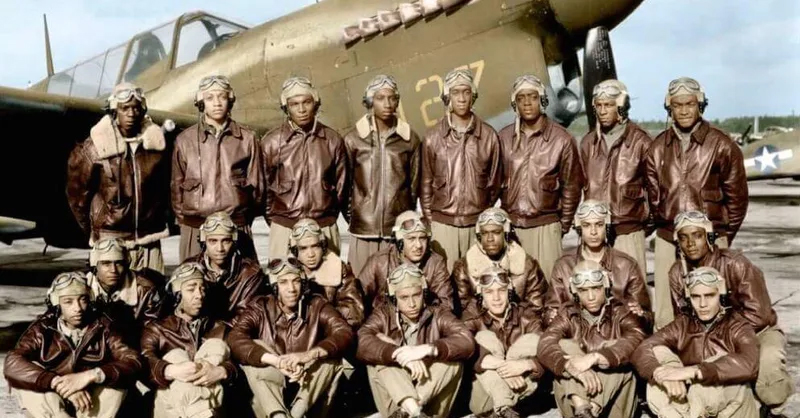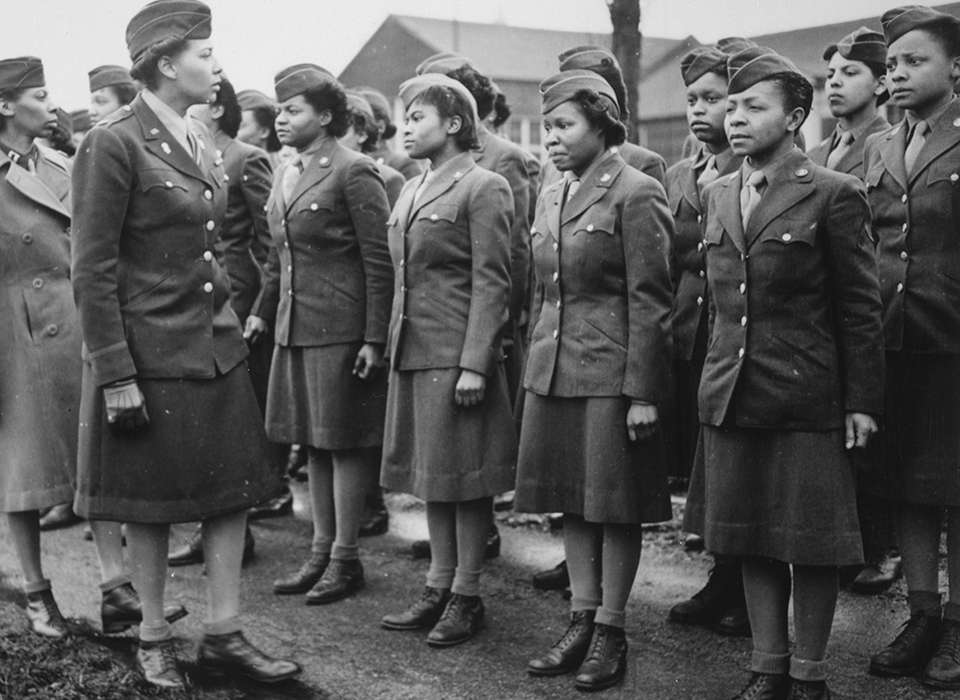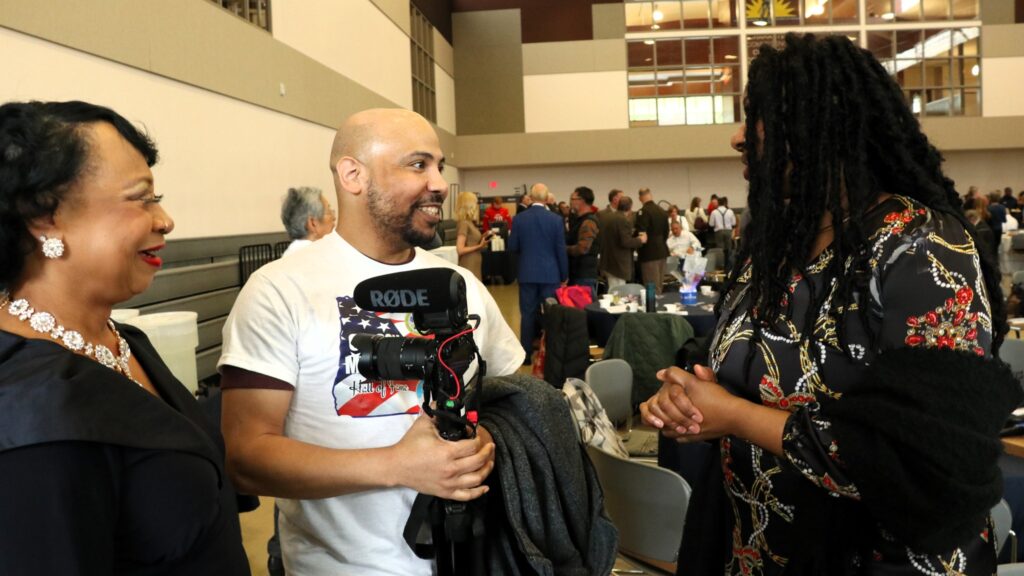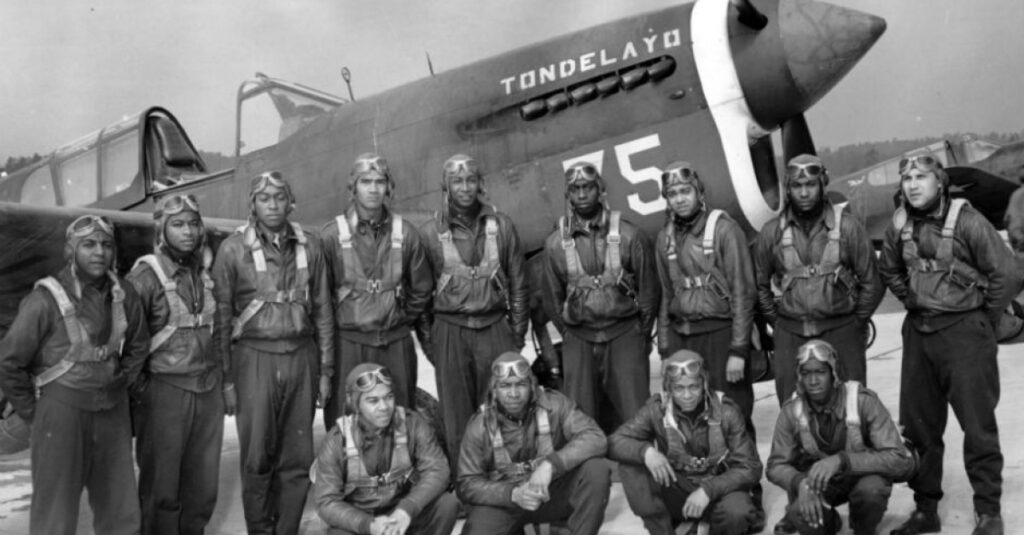![]()
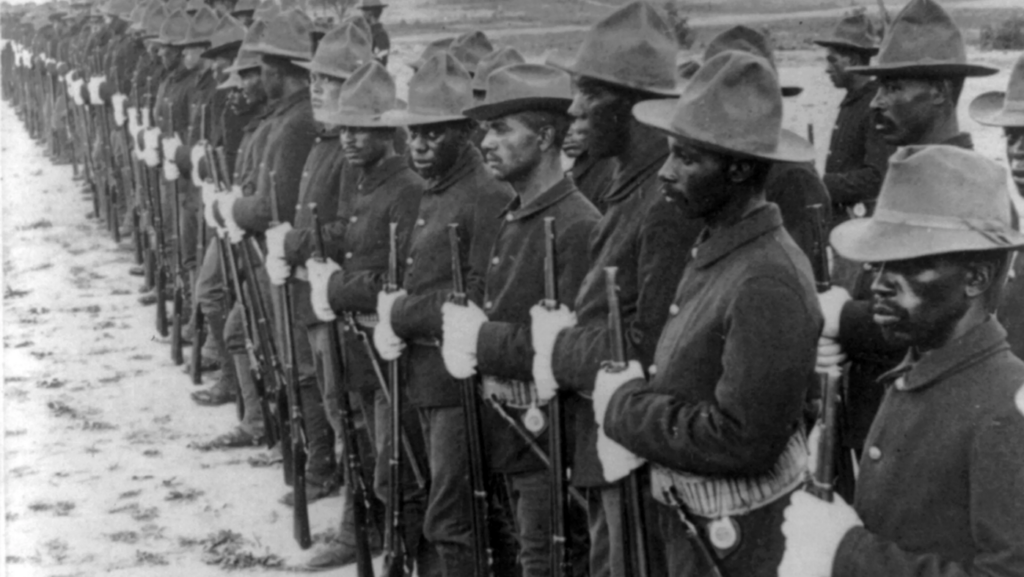
In honor of Black History Month, the Oregon Department of Veterans’ Affairs is spotlighting the military service of Black service members through history and profiling the many contributions they made to preserve our nation’s democracy and keep the United States safe and free.
The series will include historical articles recounting the achievements of several extraordinary Black military units who served before the United States Armed Forces was desegregated by presidential order in 1948, as well as profiles of Black service members who served during more recent eras of conflict.
After the end of the Civil War, six regiments of African Americans were established, including one company stationed at the Vancouver Barracks in Washington in 1899 and 1900. Known as the Buffalo Soldiers, they served with distinction in the Indian Wars from 1863 to the early 1900s and in the Spanish-American War in 1898.
Vancouver’s company of 103 soldiers from the U.S. Army’s 24th Infantry arrived at the barracks during a time when respect for Black soldiers was buoyed by their recent success in the Spanish-American War in Cuba.
While in the Northwest, the soldiers participated in military, political, and social activities, introducing many residents of Oregon, Washington, and Idaho to Blacks and raising local awareness of the national policies and practices that beleaguered African Americans.
The regular assignments of garrison duty at an army post — drilling, marching, and marksmanship; improving the post’s infrastructure; performing maintenance and clerical work; and attending the post school — comprised the majority of the soldiers’ duty hours at Vancouver Barracks.
A regional crisis with national implications, however, soon called them to arms. Violence had broken out in the Coeur d’Alene mining area in northern Idaho, and a mill owned by the Bunker Hill and Sullivan Mining Company had been dynamited. The federal government dispatched troops; and in May 1899 Company B, some of the closest soldiers to the area of conflict, responded to the scene.
Along with soldiers from other forts, they imposed martial law and guarded prisoners and rail lines in what was one of the major labor-capital conflicts of the twentieth century.
The soldiers of Company B made the most of their leisure time, organizing dances, parties, and baseball games. The Portland New Age, a Black-owned newspaper, reported on the soldiers’ involvement in social activities, including a wedding in Vancouver where “quite a number of friends from Portland attended.” The company’s baseball team, called the Hard Hitters and the Brownies in local newspapers, played several games, including some against white teams.
Company B’s duty at Vancouver Barracks ended on May 17, 1900, when the soldiers departed for Fort Wright, near Spokane, Washington. Within months, on October 16, they had been transferred to the Presidio in San Francisco, then to duty in the Philippine Islands.
Between 370,000 and 400,000 African Americans service members served in Europe during World War I, at a time, sadly, when violent racism was rampant in the United States. According to Library of Congress historian Ryan Reft, Black soldiers were often required, especially in the South, to “go out almost dressed as labor gangs, and not in uniform, because the military was afraid of offending white … sensibilities,” he said.
“It’s literally dangerous to wear a uniform in some places,” he said. “And in some places [Black soldiers] are attacked and forced to take them off.” It was different overseas, he continued, where “they could wear that uniform, and be proud of being American in service and not worry about being targeted negatively.”
Views: 486

